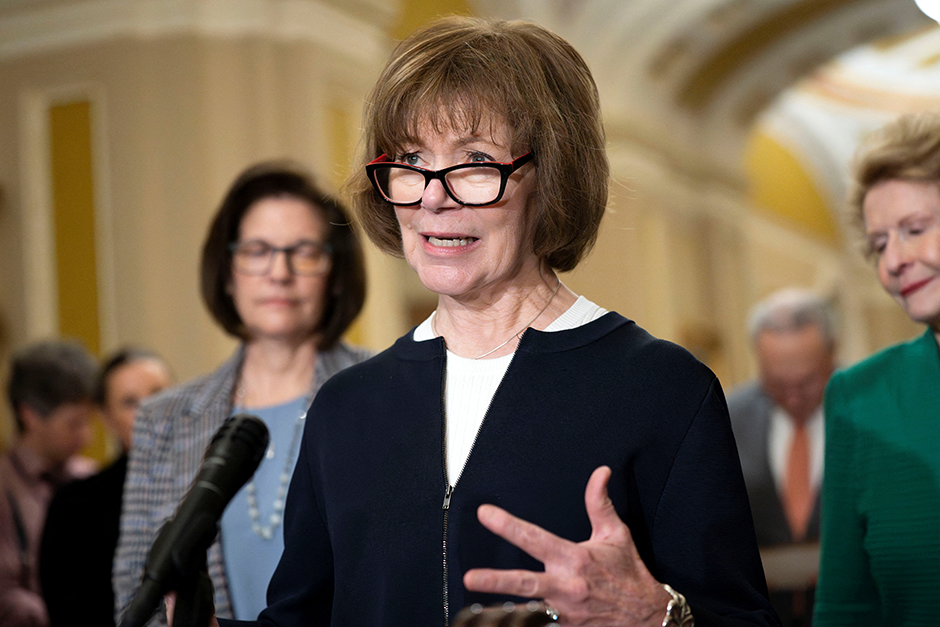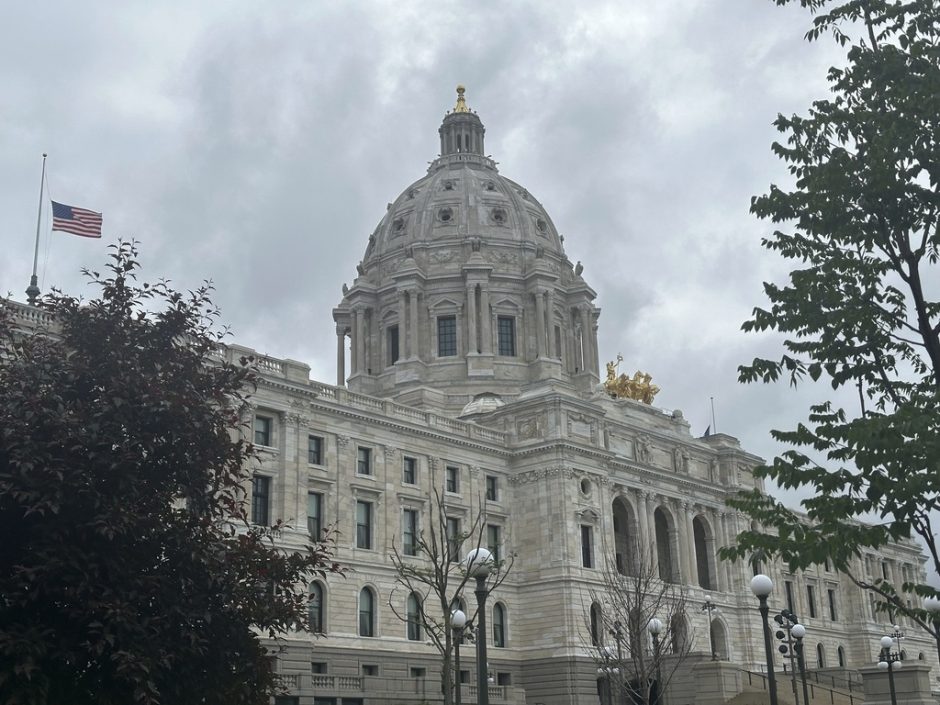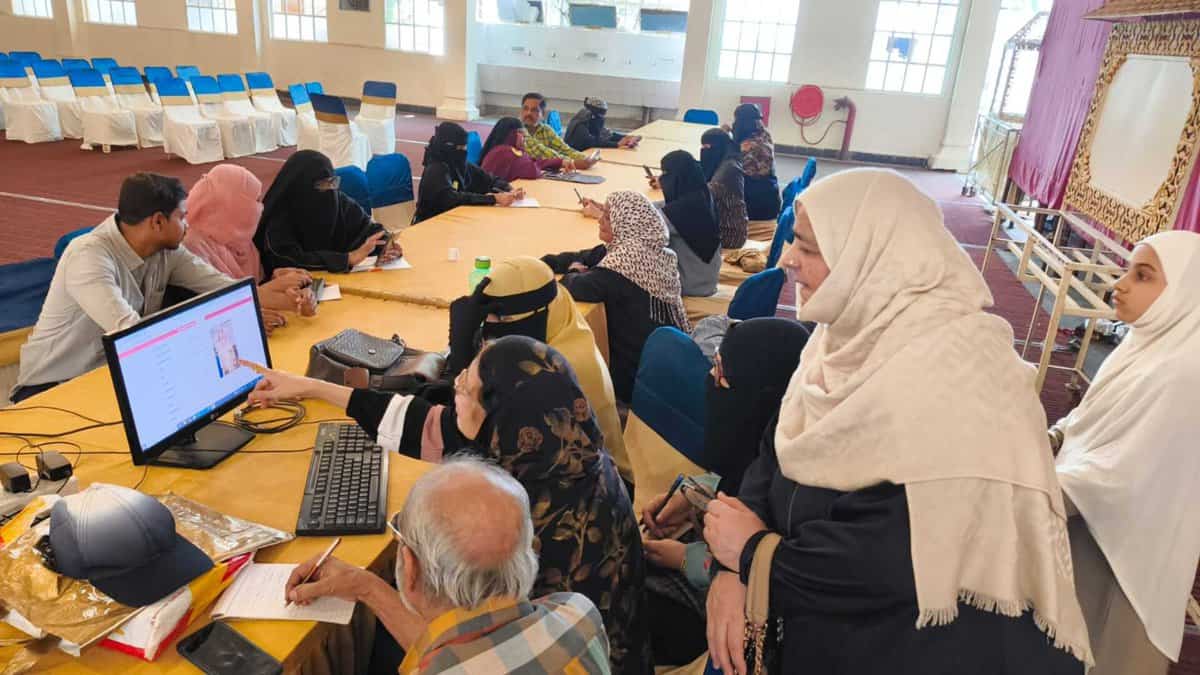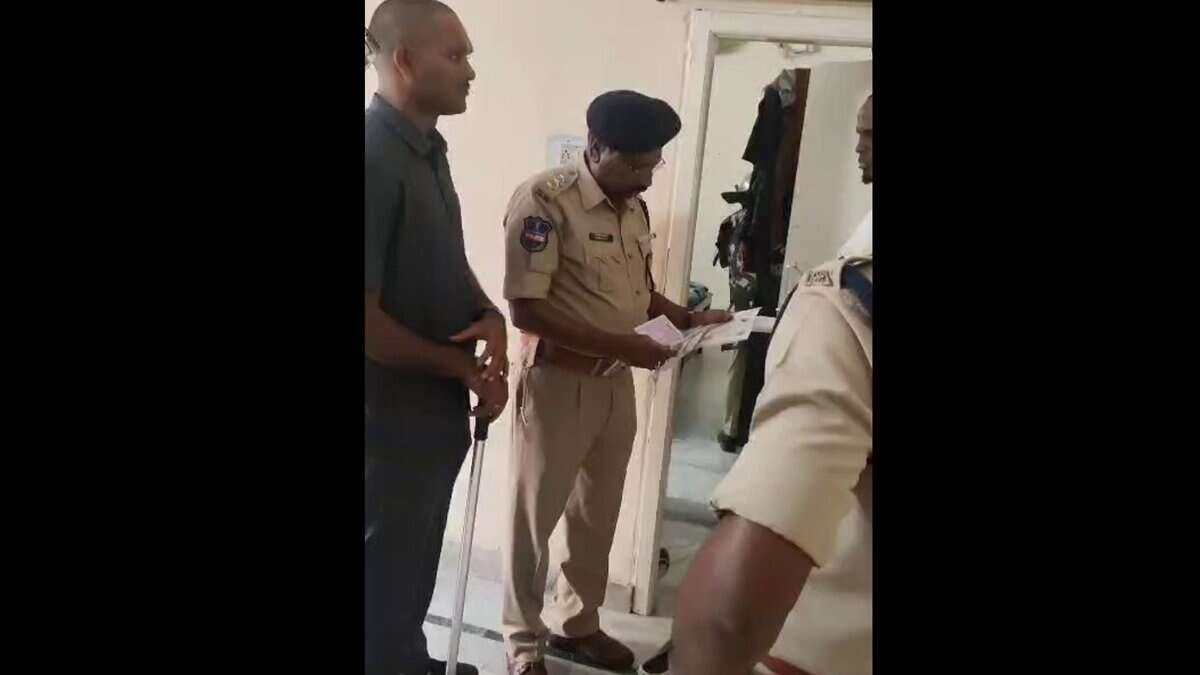Mohammad Yunus has been running the interim government in Bangladesh.
New Delhi: Bangladesh has repeatedly demanded the extradition of Sheikh Hasina from India. Now the question is whether India will hand over Sheikh Hasina? Will India accept Bangladesh’s point? Or will it reject the demand outright?
India has not yet revealed its cards. But it is believed that Bangladesh will get a shock from India as it seems that India is in no mood to take any action on the extradition request of former Bangladesh Prime Minister Sheikh Hasina.
Experts say that Bangladesh did not pursue the matter seriously and did not complete the necessary formalities for the extradition. Sheikh Hasina has been living in India since August 5 since she fled her country.
Mohammad Yunus has been running the interim government in Bangladesh.
The request for Sheikh Hasina’s extradition was sent by the Bangladesh High Commission in New Delhi to the Ministry of External Affairs (MEA) through a note verbale on December 23. Note verbale is the lowest level of diplomatic conversation and it is not usually used for sensitive cases such as extradition requests.
Bangladesh has demanded the extradition of Sheikh Hasina at a time when the tensions between India and Bangladesh are at a high point.
Sheikh Hasina had to flee Dhaka due to nationwide protests by student groups. After this, India’s relations with Bangladesh have completely deteriorated under the rule of Mohammad Yunus.
Options for Sheikh Hasina
Sources claim that Bangladesh is seeking Hasina’s extradition only to satisfy its own people, especially the student groups. Extradition is not an easy process. Both the parties making such a request and extraditing have certain obligations. The person whose extradition has been sought also has options. Those options have not yet been exercised. Sources say that Sheikh Hasinahas the right to challenge it legally. So far, she has not taken up this option.
Why extradition is not easy
Actually, there is a treaty between India and Bangladesh. According to the sources, the 2013 India-Bangladesh Extradition Treaty includes provisions under which an extradition request can be rejected.
Article 6 of the treaty, or the ‘Political Offences Exception’ states that extradition can be refused if the offence for which the request is made is an offence of a political character.
Article 8 lists the grounds for refusing extradition. Article 8 says that no person can be extradited if an allegation has not been made in good faith in the interest of justice.
On December 23, Ministry of External Affairs spokesperson Randhir Jaiswal confirmed the demand for Hasina’s extradition. He had said India has received a verbal note from the Bangladeshi side regarding the extradition request.

















































